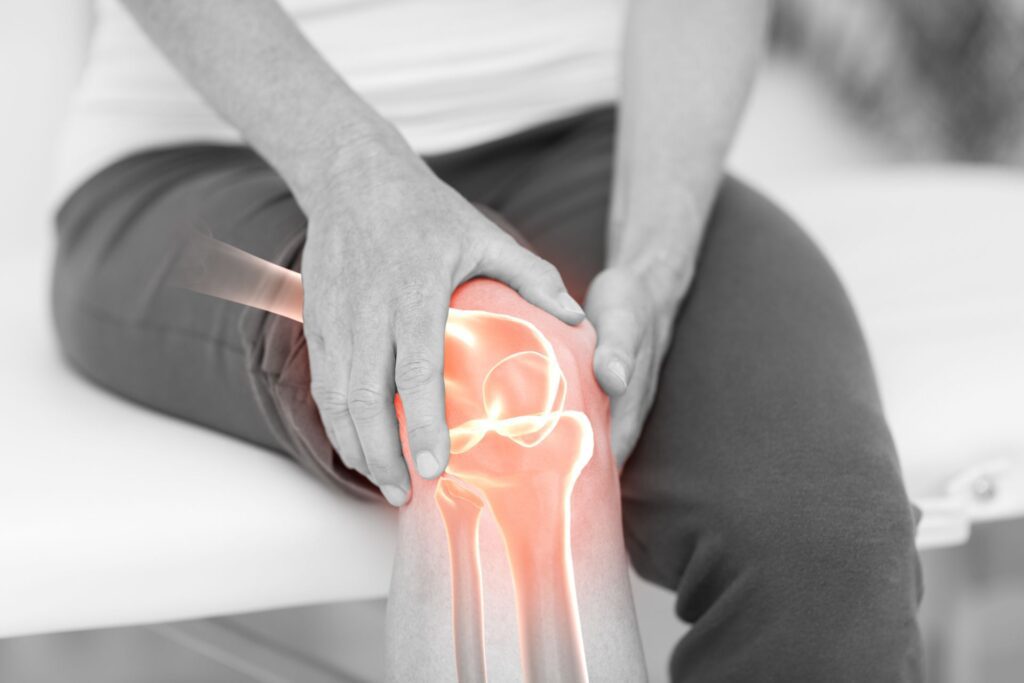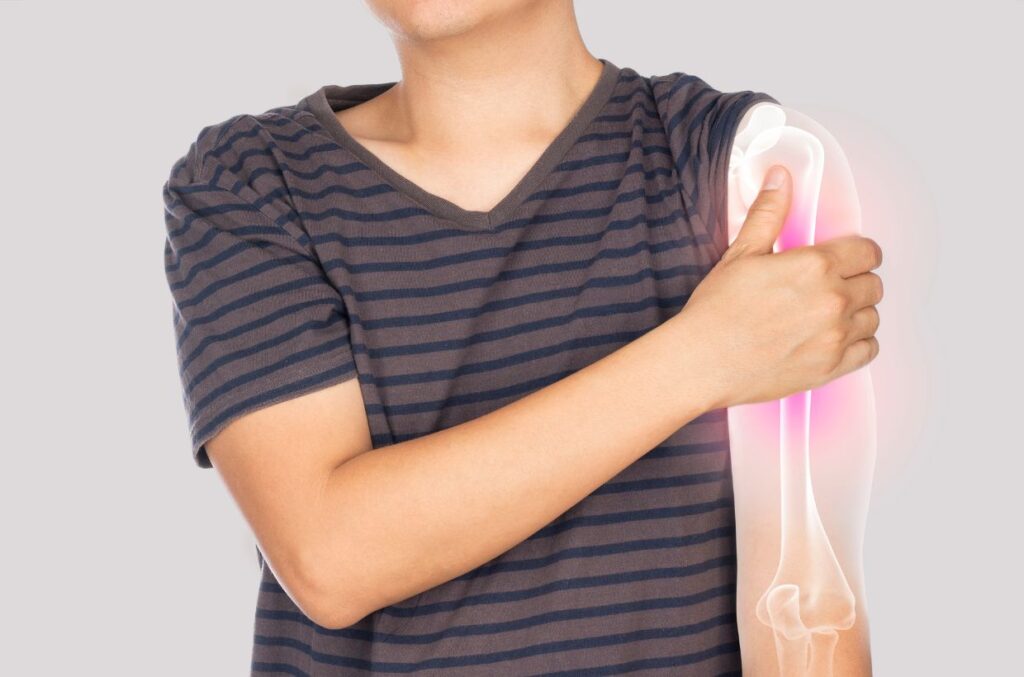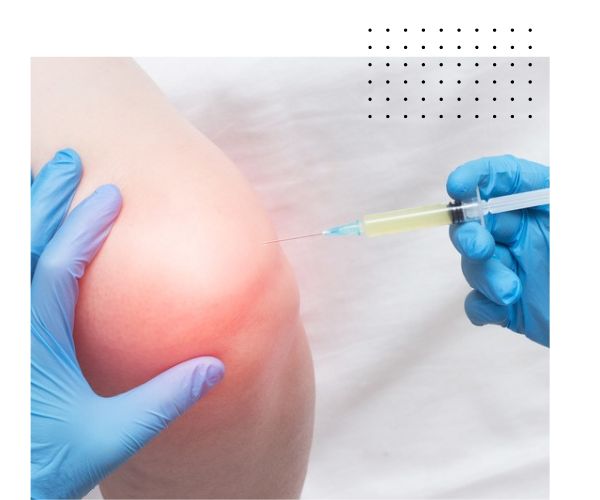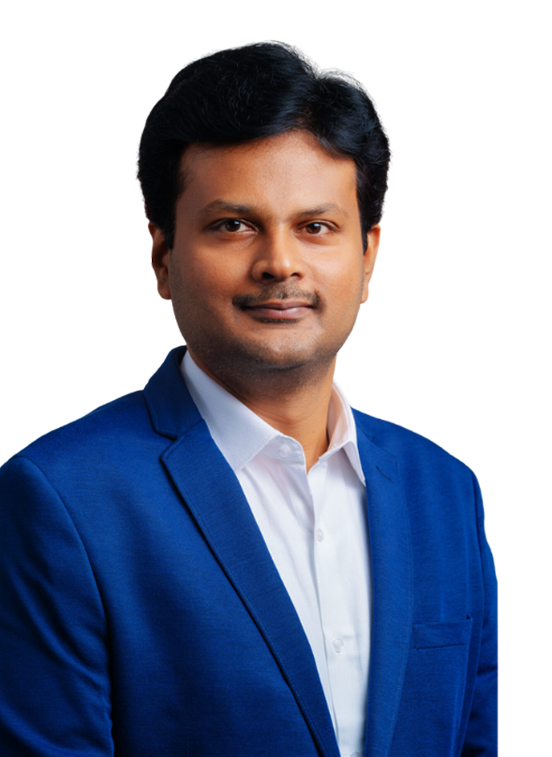What makes Halcyon Difference
HALCYON offers multi-modal, holistic treatment for a wide range of pain conditions, employing the most technologically advanced equipment and innovative techniques.
- Affordable charges
- Short wait time for patients
- Comfortable ambience



Why Choose Halcyon
Our Mission
To relieve patients of pain by providing the best non-surgical treatment using the latest interventional techniques at the most affordable cost.
Our Vision
To emerge as the leading name in pain management by providing world-class services, novel effective treatment pathways and personalised care for people to live pain-free lives.
Modern
Facilities
Best staffs
for Pain
Transparent Treatment
Pain
Specialists
Covid Safe
Environment

The reasons why Halcyon is the perfect match for your needs include.
Most advanced form of PRP. Customisable high concentration of growth factor rich PRP, ultra-pure with no major side effects.
One amongst India’s sought after pain centres that practices dedicated Prolotherapy.
Cutting-edge technology including high definition ultrasound and high-frequency flat panel C-arm & Radiofrequency machines.
Comprehensive evaluation, treatment, rehabilitation, and prevention of pain
Wide range of treatment options – non-surgical, non-invasive & image-guided needle procedures.
Use of latest research and evidence-based techniques for effective pain management.
Multidisciplinary team that includes Pain Specialists, Radiologist, Neurologist, Orthopaedician, Physiotherapist, Psychologist and Rehabilitation expert
For better diagnosis to guide treatment, doctors spend time with patients to gain in-depth understanding of the problem as well as behavioural, occupational, and avocational issues
Meet Our Specialists


Success Stories
I was suffering with severe neck pain since last 6 years, have all types of Physiotherapy and massages and medicines, but no relief then someone suggested Halycon pain Management, I met Pain Specialists here who help me to come out….
I can't begin to express, in words, the amazing experience we had with Halycon pain Management. In short, it was a "God Sent Blessing". My mother, who has a degenerated disc and was in pain for the past few years, suddenly became incapacitated and couldn't get up from the bed. They treated and recover my mother without surgery
